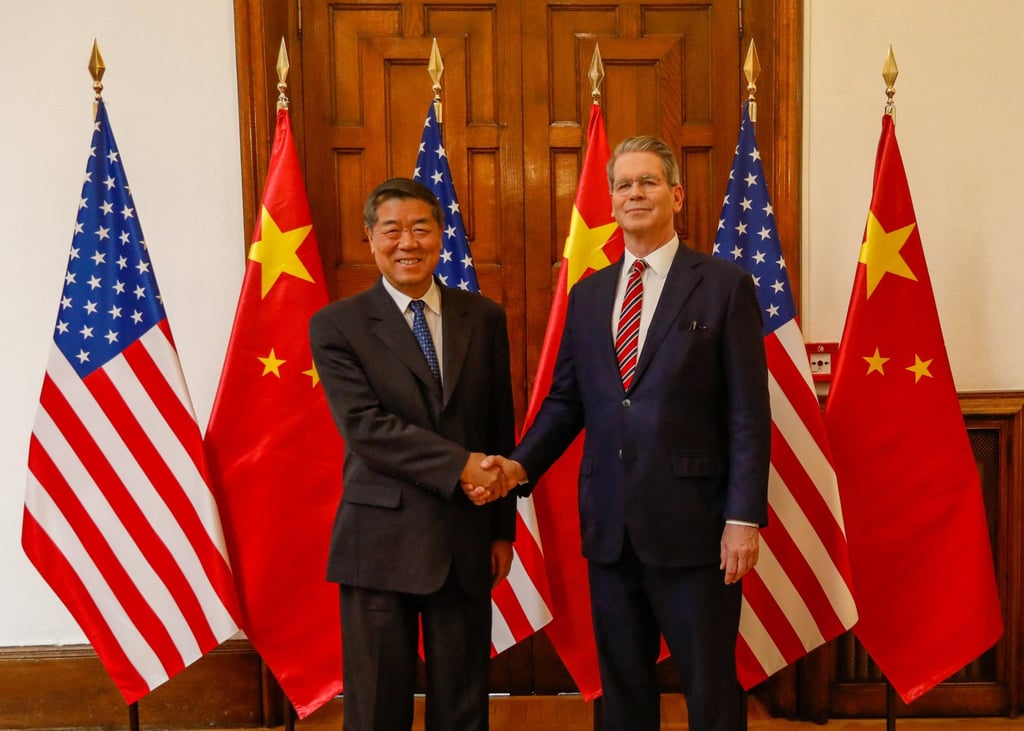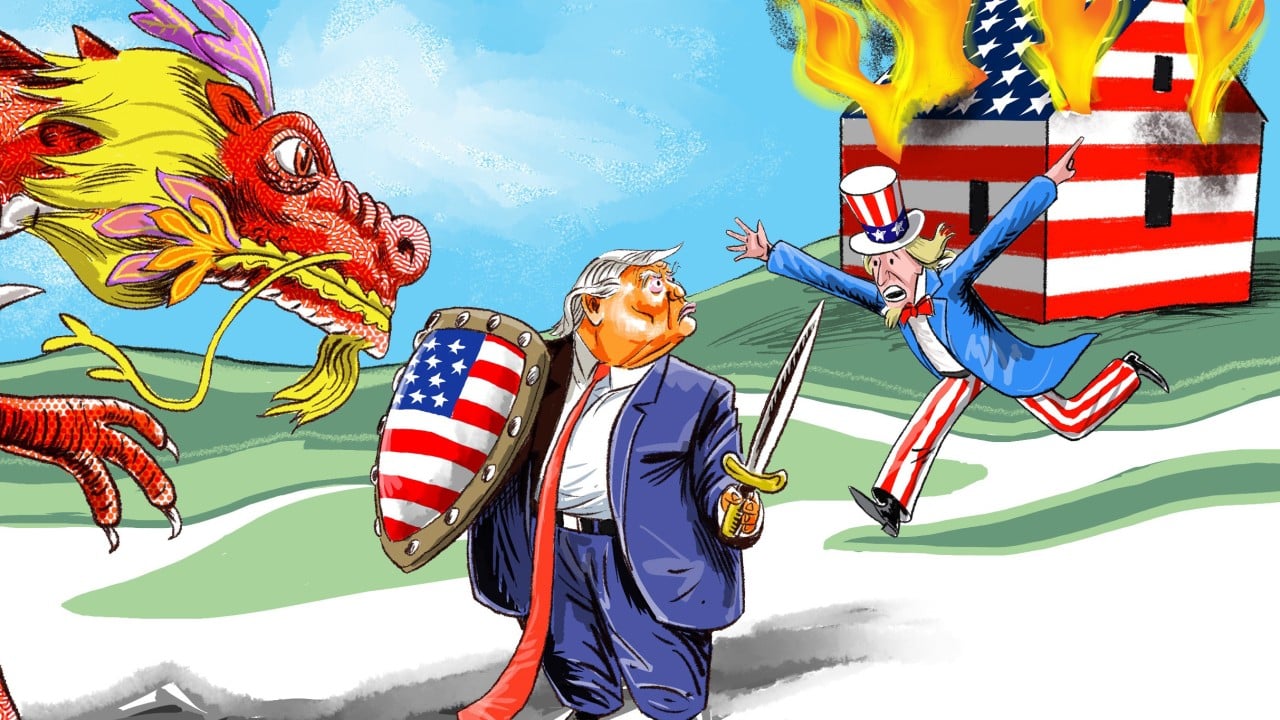Many people in the United States and elsewhere are still in shock over the killing of Charlie Kirk. The young conservative influencer, renowned for his provocative debating style and his close ties with US President Donald Trump and his family, was shot last Wednesday on the campus of Utah Valley University during a public discussion on a wide range of issues. One of the topics was gun control, something Kirk vehemently opposed in the name of upholding the Second Amendment.
Advertisement
Tyler Robinson, the suspected shooter, was taken into custody days after the incident, and it appears that the motivation behind the killing was political. A furious Trump expressed his sorrow immediately after the shooting, ordering US flags to be flown at half-mast in Kirk’s honour and vowing to award him the Presidential Medal of Freedom posthumously.
The shooting has sparked a flurry of analysis and punditry, with some invoking president Abraham Lincoln’s famous 1858 admonition that “a house divided against itself cannot stand”. I see a correlation between the domestic event and America’s external strategy under Trump’s stewardship: Kirk’s death could push Trump and his ilk further towards a doctrine that rejects multiculturalism and immigration, inasmuch as their way is the only way the American house can remain standing.
Trump has been the driving force behind reversing the long-standing US policy of engagement towards China, instead turning the world’s second-biggest economy into America’s arch-rival. However, it is increasingly clear that constraints on hard power have led the second Trump administration to rein in its foreign policy ambitions despite its determination to contain China.
Trump’s stated goal of a negotiated end to Russia’s war in Ukraine has so far been thwarted. Russian President Vladimir Putin has refused to budge on his demands, no matter how soft or flattering Trump’s approach, such as when they met in Alaska last month.
Advertisement
In the meantime, Trump’s trade war with China is in the midst of another 90-day tariff moratorium, with Beijing further demanding that Washington lift any fentanyl-related tariffs. Vice-Premier He Lifeng is now in Madrid for another round of talks with US Treasury Secretary Scott Bessent, but the Chinese side is unlikely to yield ground on this. Beijing has made it clear it is open to further discussions but will not make any unequal concessions.


